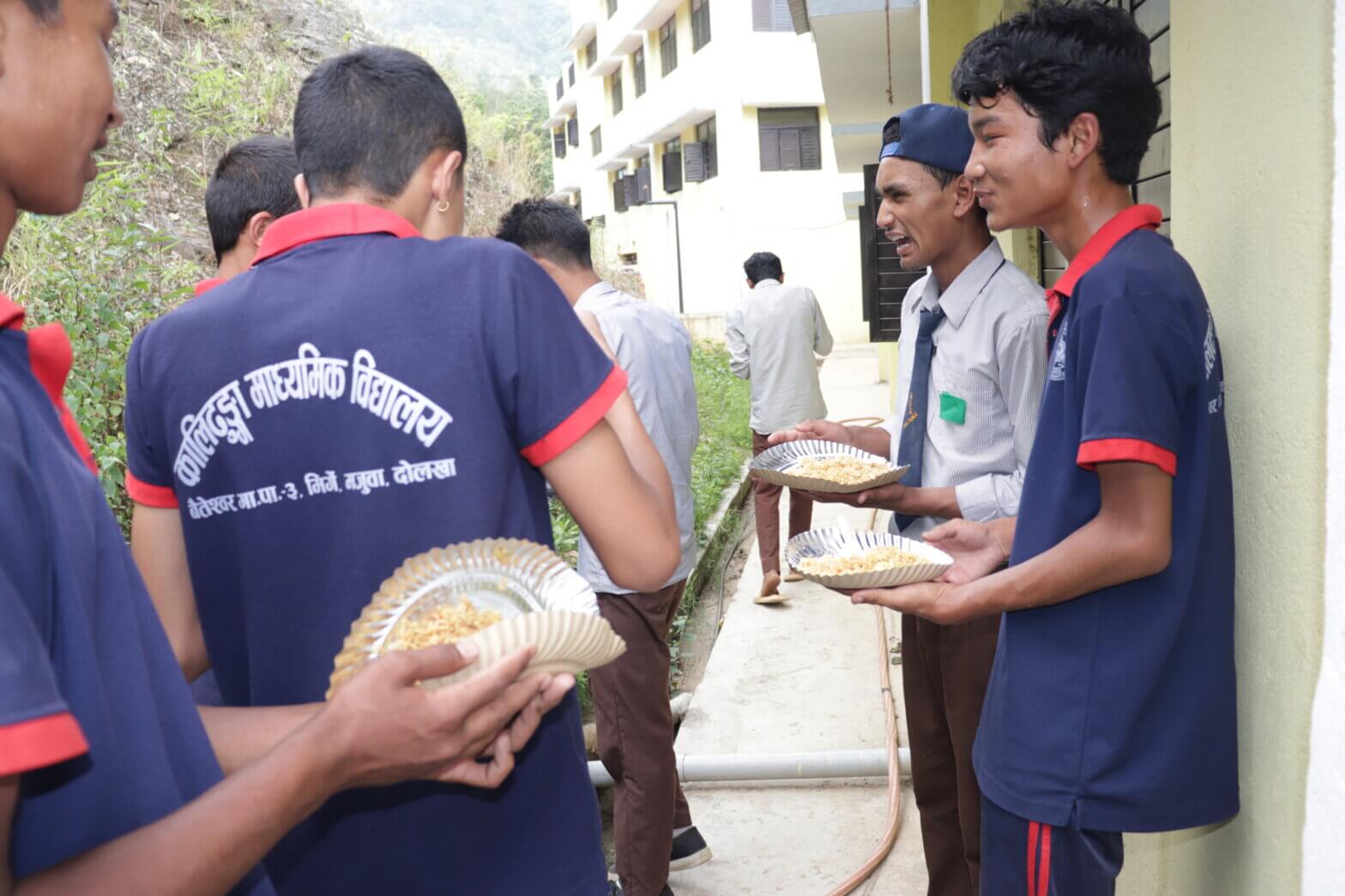Integration of local farm production with school fed program
This project aims to enhance the nutritional quality of mid-day meals for students by replacing junk food with locally produced organic farm products. Additionally, it seeks to transform schools into community learning centers, providing educational resources and fostering community engagement. By securing a stable market for the organic produce of local farmers, the project will generate sustainable income for these farmers. Furthermore, it will promote the use of electric cooking methods to reduce reliance on biomass and LPG, contributing to a more sustainable and eco-friendly environment.
Bamboo Educational and Research centre in Mozambique
This project involves the construction of a research centre on a established 3-hectare bamboo forest, in Ponta do Ouro, Mozambican southern village, in parallel with the expansion of 30 hectares bamboo cultivation. By planting and using bamboo in a sustainable way, we can create jobs, provide decent and affordable housing, feed and save thousands of lives while protecting the environment and reduce the risks from devastating floods.
Analog forestry in Santo Domingo, Peru
CEARE is a non-profit Organization focused on forest conservation and rural development in the central Amazon of Peru. CEARE is helping Yanesha Indigenous communities to restore their forests through implementing Analog Forestry. Analog forestry is a low-cost and small-scale technique that focuses on increasing biodiversity and productivity by imitating natural forests. In combination with the communities’ traditional knowledge, the project aims (1) rise awareness about climate change, forest conservation, and EESS, (2) give some basic concepts about landscape restoration and Analog forestry, and (3) install pilot plots with economically and environmentally important species for the communities.


